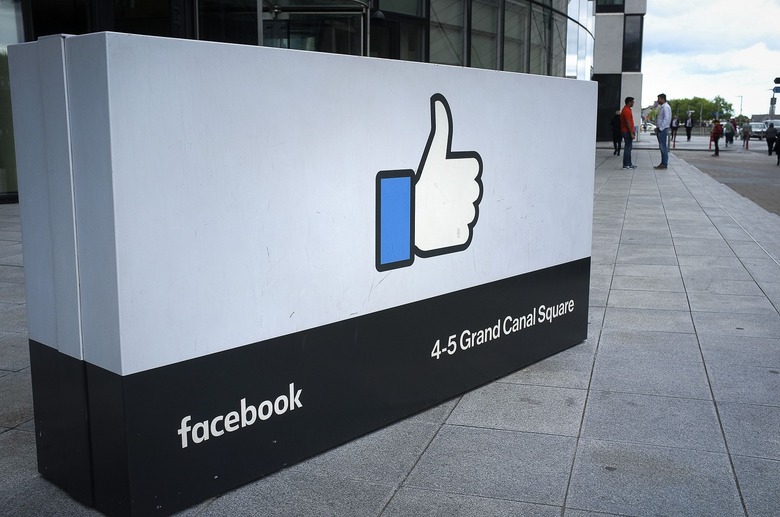If Ads Are So Important To Facebook, Why Does It Suck This Bad At Them?
Facebook is the social media mega-titan that it is partly because it has such a strong money-making operation underneath the whole thing that has powered its growth and helped the company steamroll over competitors for years. You could even argue the company is really a highly targeted ad business, with a social network that's glommed on to it. Recall Mark Zuckerberg's appearance on Capitol Hill earlier this year, during a hearing in which one Senator asked Facebook's taciturn chief executive how exactly you maintain a business in which users don't pay for the product. "Senator, we run ads," was Zuck's response.
Ok, but — I guess any ads will do? There are exceptions to everything, but when is the last time a Facebook ad was actually relevant to you? So relevant that you not only clicked on it, but it spurred some kind of action from you, like a purchase? Not often, I'll bet. That's certainly not the case with me nor anecdotally with other people I've talked to. Indeed, it's a strange kind of dichotomy for the company — it's portrayed as this titanic advertising monolith. You've given it all this data, it knows so much about you, and it uses every single one of even the tiniest signals across all of Facebook's empire — Messenger, Instagram, everything — to target you with ads.
Even if you're a grieving mother who's buried a child. Facebook thinks you still might want to see ads for ... baby products?
A woman from the UK, Anna England-Kerr, has made headlines after recently writing an open letter to the social network lamenting how after sharing the news of her baby's stillborn birth on Facebook, she kept getting bombarded with ads for things like baby blankets and bottles.
"Dear Facebook," her letter begins, "Please get better at selling me stuff.
"My daughter, Clara, was stillborn in June this year. No words can do justice to the pain, shock and helplessness that I felt when this happened. My husband and I were lucky enough to receive excellent care and support, but the way you advertised to me made it worse."
Facebook has reportedly taken the dramatic step of reaching out to Anna via phone to express its regret at the matter. A Facebook spokesman, according to Bloomberg, said in a statement that the company had found a bug related to the machine learning models in the Hide Ad Topics feature that England-Kerr had tried to use.
"We are working to address this and improve our product," the company said in the statement. "We're continuing to invest in our machine learning models to improve detection and prevention of these ads. We've spoken to Anna and expressed our deep sympathy for her loss and the additional pain this issue may have caused her."
Facebook has stepped in it on so many fronts this year. When you see something like this, a deep flaw in supposedly the most important part of its operation from a business standpoint, at one point does Facebook need to answer the question — what is it that you can, you know, actually do well?
"I'm happy for you to use my data," Anna writes towards the end of her letter to Facebook, "as long as you don't use it to make me cry."
